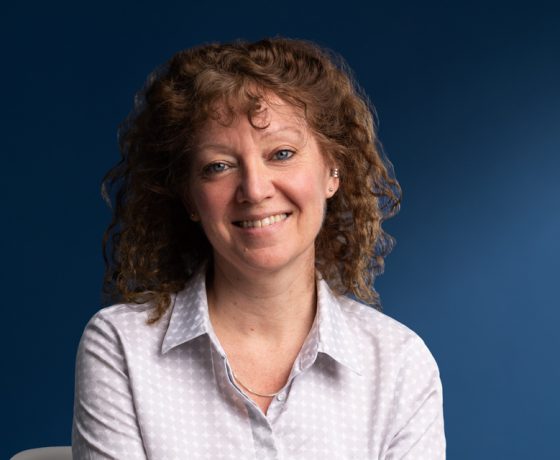
Family, couple and social use of money
We teach the next generation of researchers to develop scientific, social, and technological innovations.
We find solutions through interdisciplinary research and industry or public and community partnerships.
We play an active role in Québec's economic, social, and cultural development.

Research on social ties, population, and life stages aims to help us better understand the impact of recent social changes on the family, the workplace, and the community, as well as on key demographic phenomena.
What form do social ties take in an era where individuals have multiple affiliations and have inherited greater responsibility for their personal identity? That is the question faculty members seek to answer, by studying: family realities, private and public solidarity among various groups (youth, families, immigrants, Indigenous peoples, etc.), the role of the state, births, marriages, and deaths, the effects of immigration and integration policy, and population aging.
Our research teams are working on the following issues : state and legislative norms versus social practices and representations in the lives of individuals, couples, and families, the conditions for maintaining long-term social cohesion in a context of diversity, the role of government and civil society in combatting social exclusion, population aging and its consequences for society.

Changing family realities
Research in this area enables faculty to provide new insight into how families function in light of: changes to family networks and solidarities, the role of the state, the law, and the family, the division of responsibilities between the state, the market, the community, and the family, and family diversity.

Population dynamics and the transformation of Quebec society
Researchers working on this priority conduct comparative research on: the aging of the workforce, the role of the family and institutions in meeting the housing and healthcare needs of seniors, economic, social, and symbolic transmission within families and businesses, domestic and international migration, the social and support networks of individuals, families, and social groups.

Changes in the workplace
Researchers are taking a closer look at: the integration of immigrants into the labour market, the overqualification of certain groups and the relationship between training and employment, the new values of young people associated with their identity and recognition, family/work/study balance, the transmission of knowledge and the growing economic importance of knowledge, policies to support growth in certain sectors of the economy, and the decline of traditional sectors of the economy.

Family, couple and social use of money
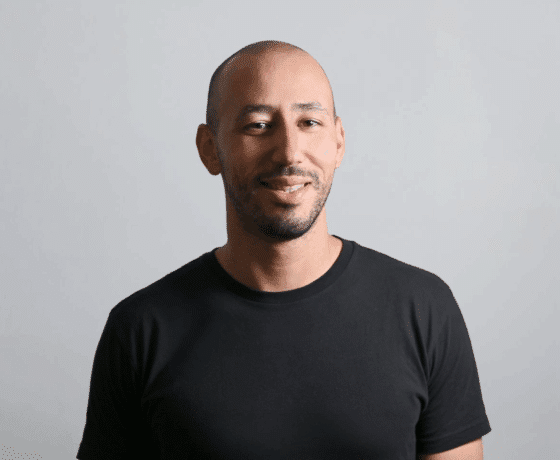
Internal and international migration

Family trajectories
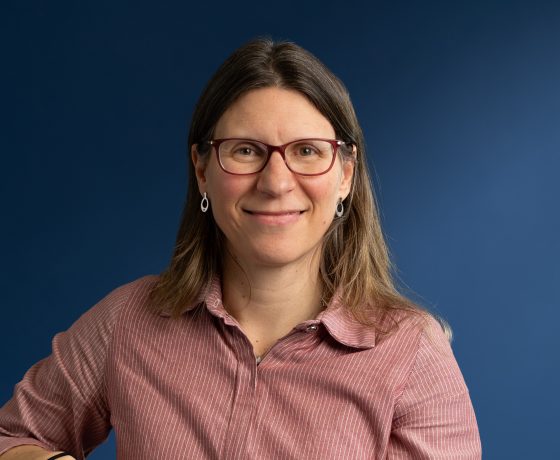
Health and geographic information systems

Criminology, Social psychology, and Health
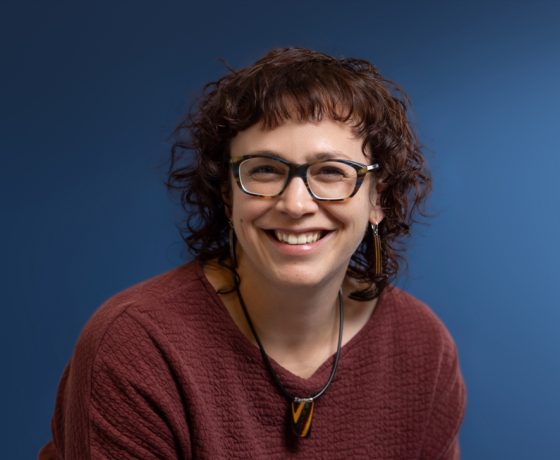
Looking for students or interns
Marie-Eve Drouin-GagnéDecolonization of research, academic institutions and urban spaces

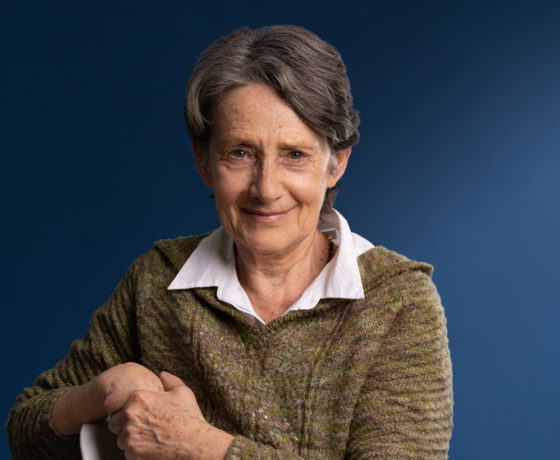
Discrimination, hate crime, freedom of speech, policies, law

Cultural policies

Population Studies

Housing and habitat



Participatory cultures


Indigenous Geographies


Decolonization of research

Economic integration of immigrants
